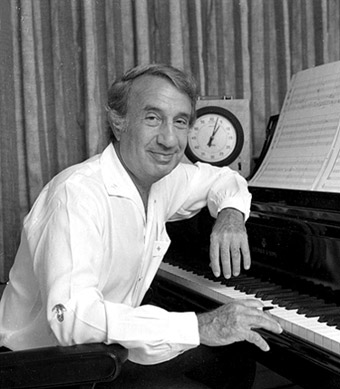Symphony 3 by Oldrich Flosman

Kuhn Female Chorus; Pavel Kuhn, Cond.
Prague Symphony Orchestra
Valdimir Valek, Conductor (1987)
Source LP: Panton 81071
From the collection of Karl Miller
I've not been able to find out much about Flosman, other than the picture and a blurb that said he was popular during the communist era. I would say that this work reminds me of the sound world of Vaughan Williams's 6th and 7th symphonies, which you can take as a recommendation or a warning.

Kuhn Female Chorus; Pavel Kuhn, Cond.
Prague Symphony Orchestra
Valdimir Valek, Conductor (1987)
Source LP: Panton 81071
From the collection of Karl Miller
I've not been able to find out much about Flosman, other than the picture and a blurb that said he was popular during the communist era. I would say that this work reminds me of the sound world of Vaughan Williams's 6th and 7th symphonies, which you can take as a recommendation or a warning.







